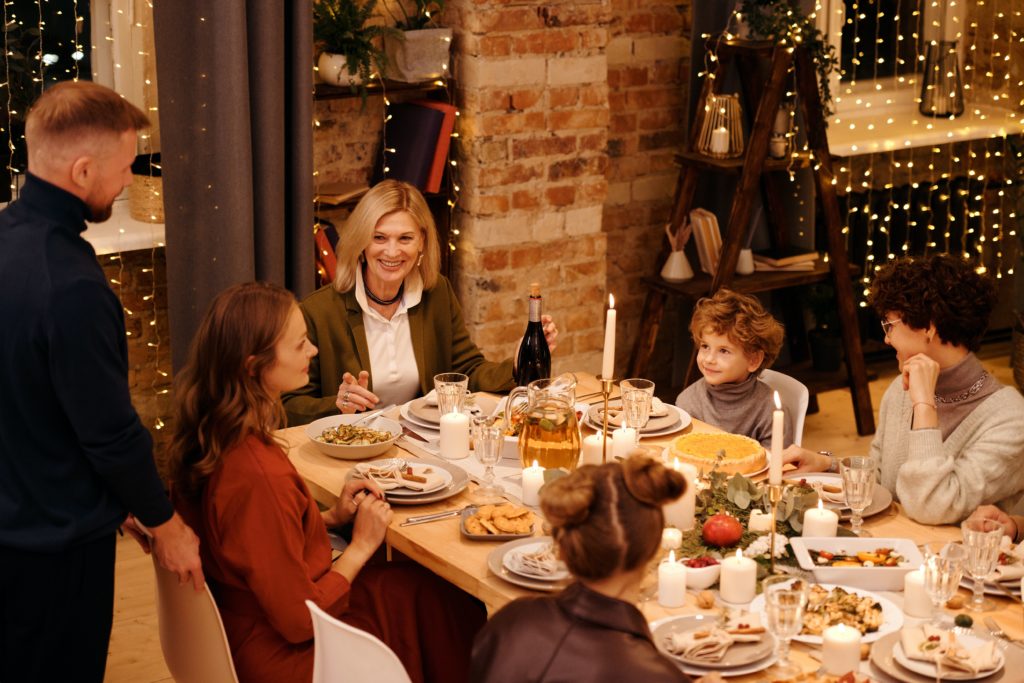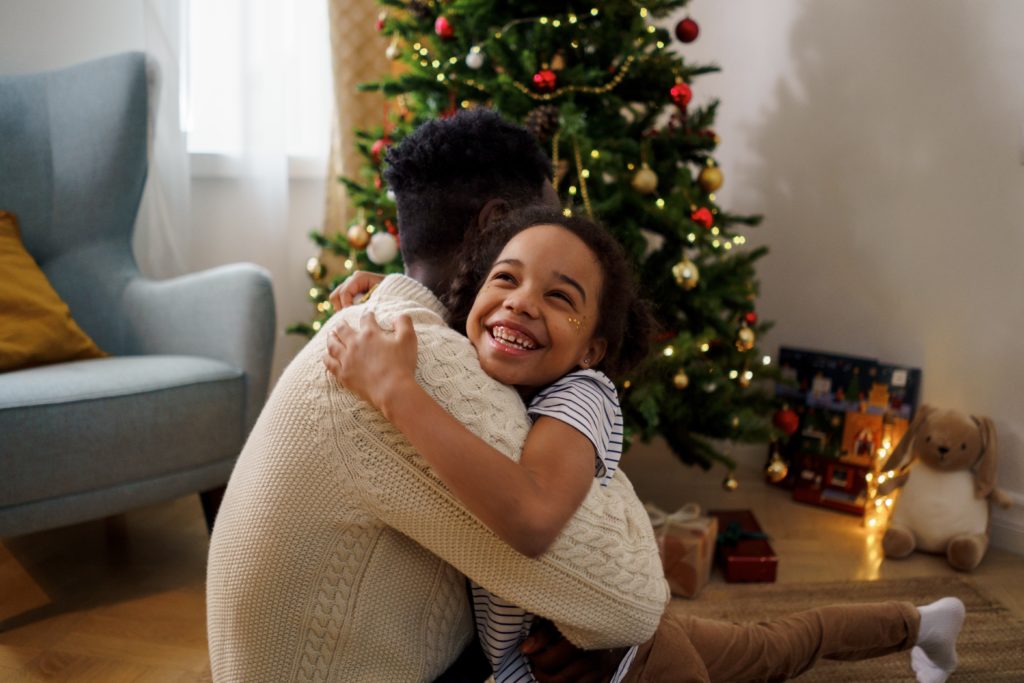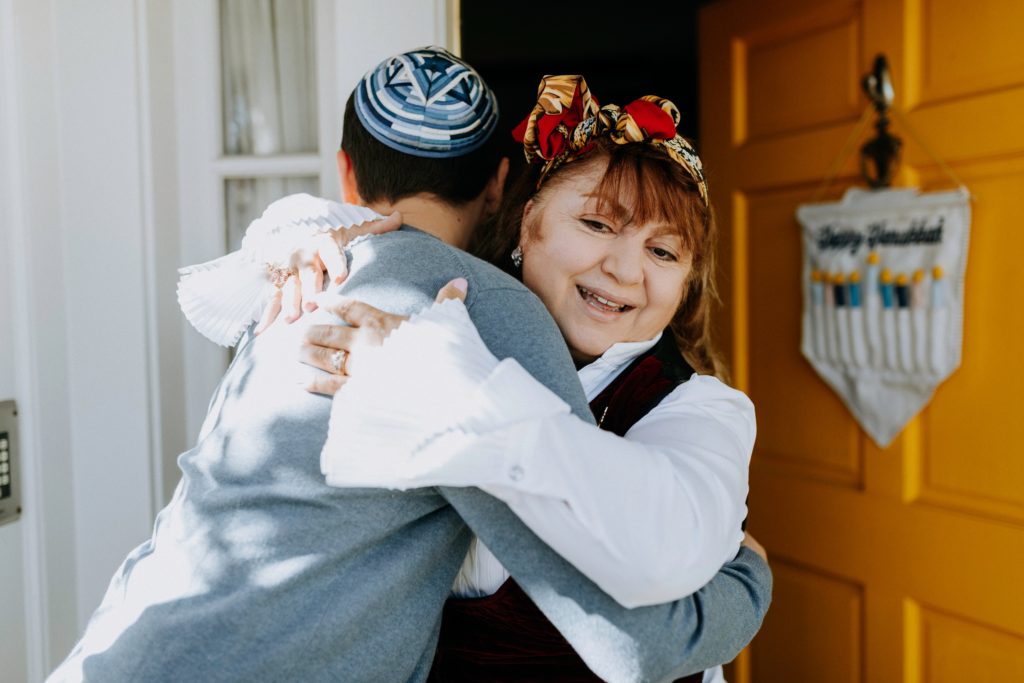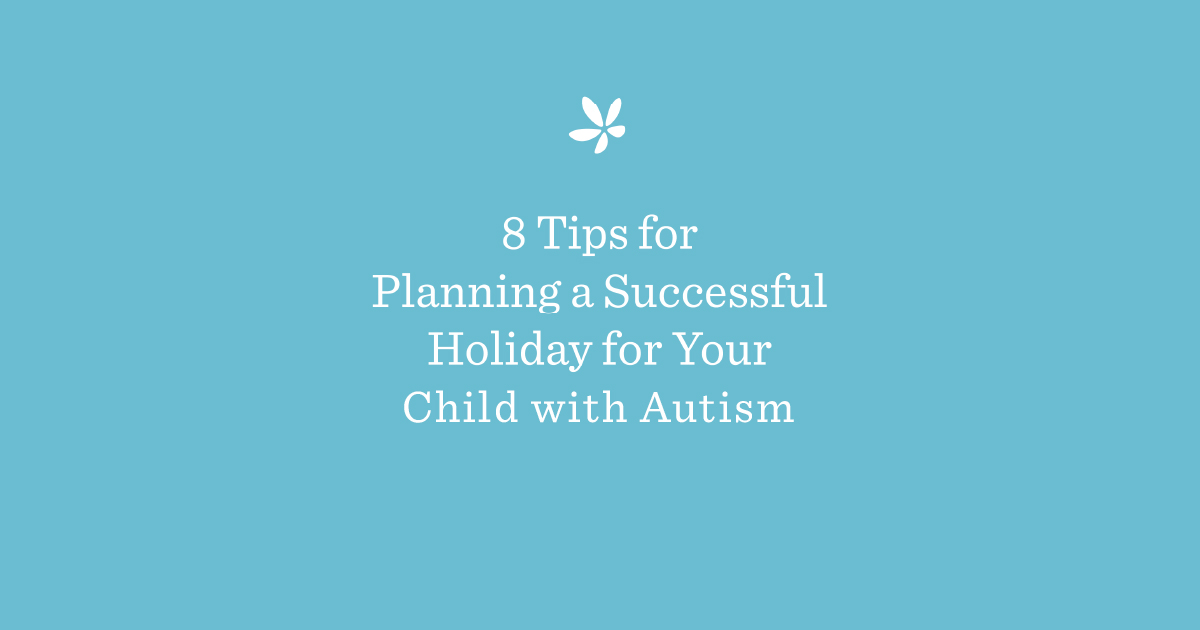8 Tips for Planning for a Successful Holiday for Your Child with Autism
FEATURED POSTS
March 2, 2026
February 25, 2026
February 25, 2026
The holidays are an exciting time as we share traditions, spend time with family, and navigate the different gatherings and celebrations. Holiday spirit can also bring holiday stress. We want to help you and your family have the most successful (and least stressful) season by offering our best practices and tips.
BEFORE THE HOLIDAYS

Start with Expectations
Having a positive and realistic mindset about what you want to create can make a big difference. What could go right this season? Keep an optimistic view of the possibilities for special moments you want to share. A winning holiday doesn’t have to mean extravagant plans. Consider what would be ideal, be prepared to accept when flexibility is needed, and look for the wins along the way.
Consider Comfort and Safety Needs
When visiting events or other homes, bring items you know will bring comfort for your child—things like earplugs (or headphones), fidgets, and soft clothes. When traveling, ask for needed accommodations from your airline and hotel. Make sure you are aware of possible water nearby and review crisis plans with loved ones.
Practice Before Events
Now is a great time to discuss upcoming changes to schedules and routines. Involve your child in the process whenever possible. Playing memory games with photos of those you will see this holiday season allows your child to identify matching names and faces. Establish a phrase or code word with your child to practice using when they need to take a break from events to calm down and relax.
DURING THE HOLIDAYS

Maintain Routines
During the holidays, change is inevitable but find ways to create or maintain routines for your child. What are things you can build into every day? Perhaps it’s something you do together each morning, afternoon, and evening (regardless of location). Utilizing visual supports like calendars and independent activity schedules can be helpful too.
Build in Fun!
Whether days are filled with errands or time at home, consider letting your child choose a couple of activities each morning for the day ahead. Here are some suggestions that might work for your family:
- Bake something together
- Do holiday arts and crafts
- Take a drive to see holiday lights in your neighborhood, zoo, or garden
- Help with decorations or gift wrapping
- Sing along with holiday music
Consider Sensory Needs
Holiday meals can be tricky for some. Plan ahead for alternative foods that you know your child will eat. As we mentioned earlier, being mindful of dressing in (or packing extra) comfortable clothing can be helpful. Preferred items, such as toys or other objects that help promote calm for your child, are a good idea too. Consider making a sensory box that includes things to stimulate your child’s touch/sight/sound/taste/smell. Finally, establish a quiet “break space” that your child can utilize when needed.
WRAPPING UP THE HOLIDAYS

Plan for Rest and Recovery
After each scheduled big event or outing, try to allow time for a quiet evening that follows. Start a list or document on your computer of things that went well that you want to repeat and ideas about what would make it easier next time.
Transition Back to School
Packing holiday decorations and unpacking clothes can be helpful signals to your child that things are moving back to the normal routine. Other visual cues like a countdown calendar for back to school can help prepare them. Show them when school starts and have them mark off the days. Leave extra time the first morning back to school so you can have a nice breakfast and move with ease into the day. If possible, organize a nice, calm activity after school and focus on what went well at the end of the day.






